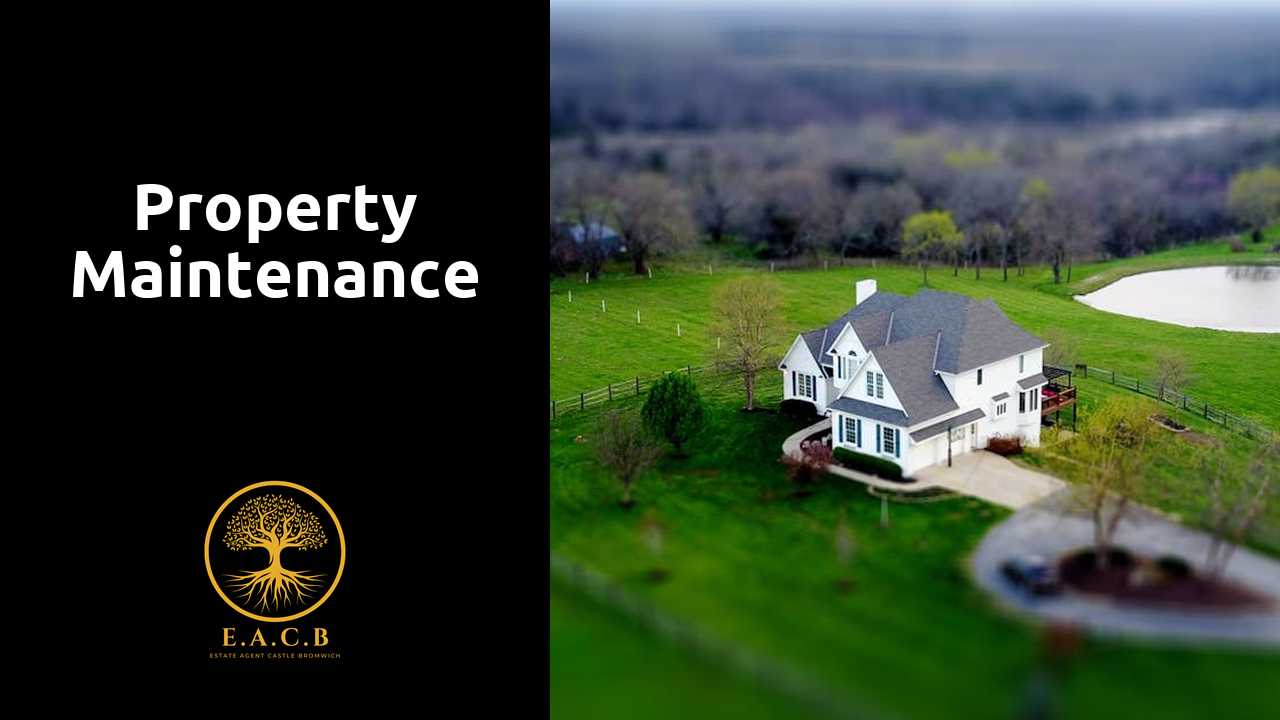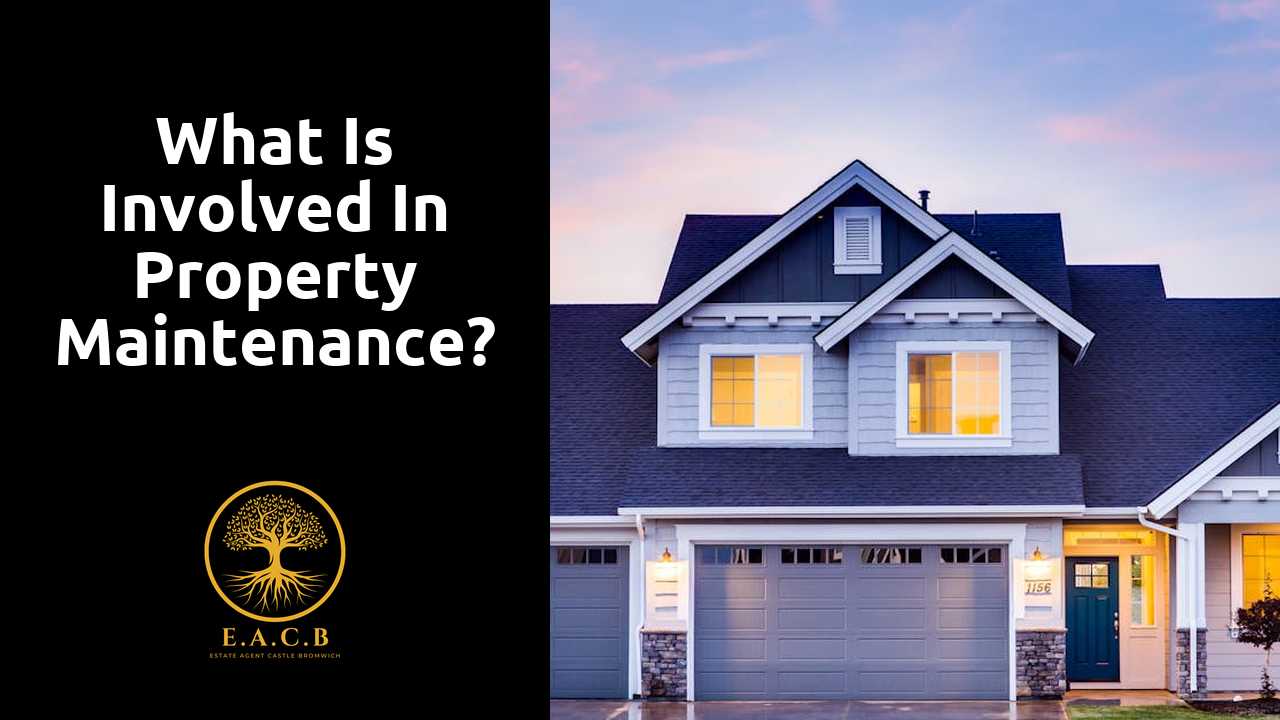
Cost Factors in Maintenance Work
Property maintenance can involve a variety of costs that property owners need to consider. Regular upkeep often requires budgeting for routine services such as landscaping, cleaning, and minor repairs. Additionally, unexpected repairs such as plumbing issues or roof leaks can contribute to financial strain. It is essential for owners to maintain an accurate financial forecast to avoid gaps in maintenance that could lead to larger expenses later.
Another significant cost factor in property maintenance includes the seasonality of certain tasks. For instance, winter may necessitate snow removal and insulation checks, while summer may require extensive garden work and air conditioning servicing. Seasonal transitions can introduce unique challenges that may not be evident on a standard maintenance schedule. Understanding these seasonal demands can help property owners allocate their resources more effectively and ensure that their properties remain in good condition throughout the year.
Budgeting for Upkeep
Effective budgeting for upkeep is essential in ensuring that property maintenance runs smoothly and remains manageable. Property owners should regularly assess the condition of their assets to identify potential areas of concern. This proactive approach can help in forecasting costs and mitigating unexpected expenses. By allocating funds for both routine and emergency repairs, owners can maintain their properties without compromising financial stability.
A well-structured budget should incorporate both short-term and long-term maintenance strategies. Regular inspections can reveal minor issues before they escalate into major repairs. Setting aside a percentage of rental income or property value for maintenance tasks is a prudent practice. This not only cushions against sudden costs but also supports the overall integrity and value of the property over time.
Seasonal Maintenance Tasks
Seasonal maintenance tasks are essential to ensure the longevity and functionality of any property. During autumn, tasks such as clearing gutters and checking for roof damage become paramount. Leaves can accumulate and block drainage systems, leading to water damage. Regular inspections of the exterior can help identify potential issues before they escalate. Similarly, winter preparations include checking heating systems and insulating pipes to prevent freezing, which is a vital aspect of property maintenance.
As spring approaches, property maintenance shifts to garden care and exterior cleaning. This includes tasks like lawn care, pruning shrubs, and pressure washing driveways. Overlooking these seasonal tasks can lead to a decline in the property’s aesthetic appeal and overall condition. Adapting maintenance routines to seasonal changes not only protects the property but also enhances its value, making it an integral part of responsible property ownership.
Preparing for Seasonal Changes
As the seasons transition, property maintenance becomes critical to ensure that homes remain protected from weather-related damage. Each season brings unique challenges that require specific tasks for upkeep. For example, autumn often involves clearing leaves from gutters and preparing the heating system for winter. Similarly, spring is an ideal time to inspect roofing and check for any leaks that may have developed during the colder months.
Understanding the implications of seasonal changes helps homeowners plan effectively. Regular property maintenance tasks can prevent costly repairs down the line. Creating a checklist for each season can streamline these efforts, ensuring that critical actions are not overlooked. This proactive approach not only safeguards the property but also enhances its value over time.
Impact of Neglecting Maintenance
Neglecting property maintenance can lead to significant detriment for homeowners and property managers. Over time, small issues may escalate into major problems. For example, a leaking roof can cause water damage, affecting walls, ceilings, and even electrical systems. Regular maintenance is essential for identifying these minor issues before they turn into costly repairs or replacements.
The consequences of inadequate maintenance extend beyond immediate repairs. Property maintenance impacts the overall value of the asset. A well-maintained property not only attracts potential tenants but also retains its market value. Conversely, properties left in disrepair may face depreciation and deter prospective buyers, leading to longer vacancy periods and reduced rental income.
Consequences for Property Owners
Neglecting property maintenance can lead to a cascade of issues for property owners. Over time, small repairs can escalate into significant problems if left unaddressed. Water leaks may result in mould growth, while unchecked wear and tear on roofs and plumbing can lead to costly replacements. The longer these issues persist, the more complex and expensive they become to rectify, often exceeding initial maintenance budgets.
In addition to financial implications, property owners may face reduced property value due to a lack of proper upkeep. Poorly maintained properties often deter potential tenants or buyers, leading to prolonged vacancies or lower offers. This decline in interest not only affects income but also compromises the reputation of the property. Consistent property maintenance plays a crucial role in safeguarding both the financial health and long-term viability of a property.
FAQS
What is another term for property maintenance?
Another term for property maintenance is "property upkeep" or "facility management."
Why is property maintenance important?
Property maintenance is crucial as it helps preserve the value of the property, ensures safety for occupants, and can prevent costly repairs in the future.
What are common tasks included in property maintenance?
Common tasks include regular inspections, cleaning, landscaping, repairs, and seasonal upkeep such as gutter cleaning and snow removal.
How can I budget for property maintenance?
To budget for property maintenance, assess the property's specific needs, consider seasonal tasks, and allocate a percentage of the overall property value for upkeep annually.
What are the consequences of neglecting property maintenance?
Neglecting property maintenance can lead to increased repair costs, decreased property value, potential safety hazards, and even legal issues with tenants or local authorities.


